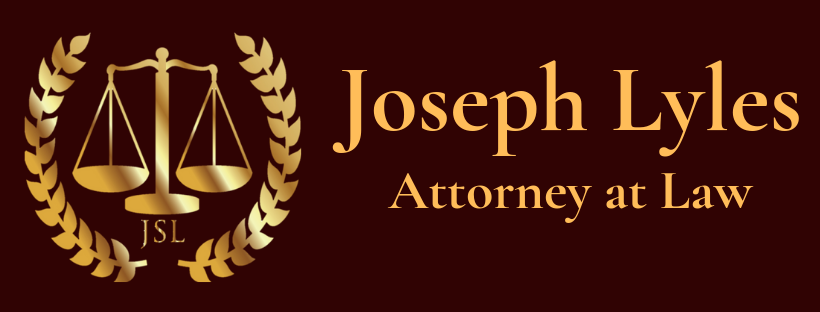Lesson 19: Who Makes the Decision?
From The Sue the Bastards section of How You Can Avoid Legal Land Mines by Joseph S. Lyles (2003).
One of the frustrating aspects of the law is that it isn’t always black or white. More often than not it’s gray, in lots of shades. So a lawyer can rarely give a short answer to the question, “Is it legal?”
Under our system of law, there are two primary sources of law: statutes and case law. Ours is what is known as a common-law system of justice. Common law is law that is derived from written reports of previous cases, while statutory or code law is that taken directly from laws enacted by a legislature. However, even statutes have to be interpreted and applied to a particular case so the common-law approach is still used in cases involving statutory law.
Case law is sometimes called judge-made law. Under the common-law approach, a judge reads cases she thinks involve facts similar to the case at hand. The general rules or doctrines that these case decisions follow are then applied to the case before the judge. This common-law approach, of course, gives a judge leeway to rule on the case as she sees fit. Although the judge should follow the precedent established in the earlier case, there is plenty of room for interpretation.
The decision of a case is normally a two-step process. First, the judge determines exactly what the relevant facts are of the case. Then, the judge applies the law, as he interprets it, to the facts and produces a decision.
The problem faced by lawyers is that two judges deciding the same exact case can come up with two different decisions. And because no two cases are really ever exactly the same, it can be impossible to predict how a case will ultimately be decided. Thus, knowing the specific judge who will decide your case may be helpful.
That brings us to the topic of forum. Forum means what court will decide a case. Every court has different amounts of authority (jurisdiction) and different procedural rules. There are two basic courts: trial courts and appellate (appeals) courts. It can be very confusing because the same judge can be acting as a trial judge one day and an appellate judge the next day. In many states, the trial courts, listed in approximate order from lowest jurisdiction to highest jurisdiction are:
- Municipal Court (City Court): Includes criminal jurisdiction, primarily traffic and other minor criminal offenses.
- Magistrate’s Court (Summary Court or Small Claims Court): Includes civil and criminal jurisdiction, but amounts in dispute are limited as are punishments for crimes.
- Family Court: Includes jurisdiction limited to family related cases, such as divorce and child custody.
- Probate Court: Probate of wills and estates, conservatorships, guardianships and commitments.
- Circuit Court (State): Includes civil and criminal jurisdictions.
- District Court (Federal): Includes civil and criminal jurisdictions.
In addition, there are several special federal courts with limited specific jurisdictions, such as Admiralty, Tax and Military Courts.
All states have a variety of courts with different types and scopes of jurisdiction. If you are involved in a lawsuit or are considering filing one, it is important to know the limits of jurisdiction of the court that will handle the suit.
South Caroline and other states also have a type of judge called a hearing officer, who is a judge who rules on cases directly involving administrative agencies such as the State Alcohol and Beverage Commission or the Workers Compensation Commission. At the federal level we find hearing officers as well, such as Social Security Judges.
I know at some point while reading this book you will want to throw up your hands and yell, “Why does it have to be so complicated!” The reason our legal system is so complicated is that people are complex beings who live in complex societies and use complex technology. In many ways our laws mirror our society.
The Lesson: If you understand the basics of the legal system, it will seem less complicated. And knowing which court (forum) you want to be in will give you a head start in solving legal problems that could result in a lawsuit. If you have the opportunity to pick your forum, please get the advice of an experienced trial attorney. Different courts are suited for different kinds of cases.
